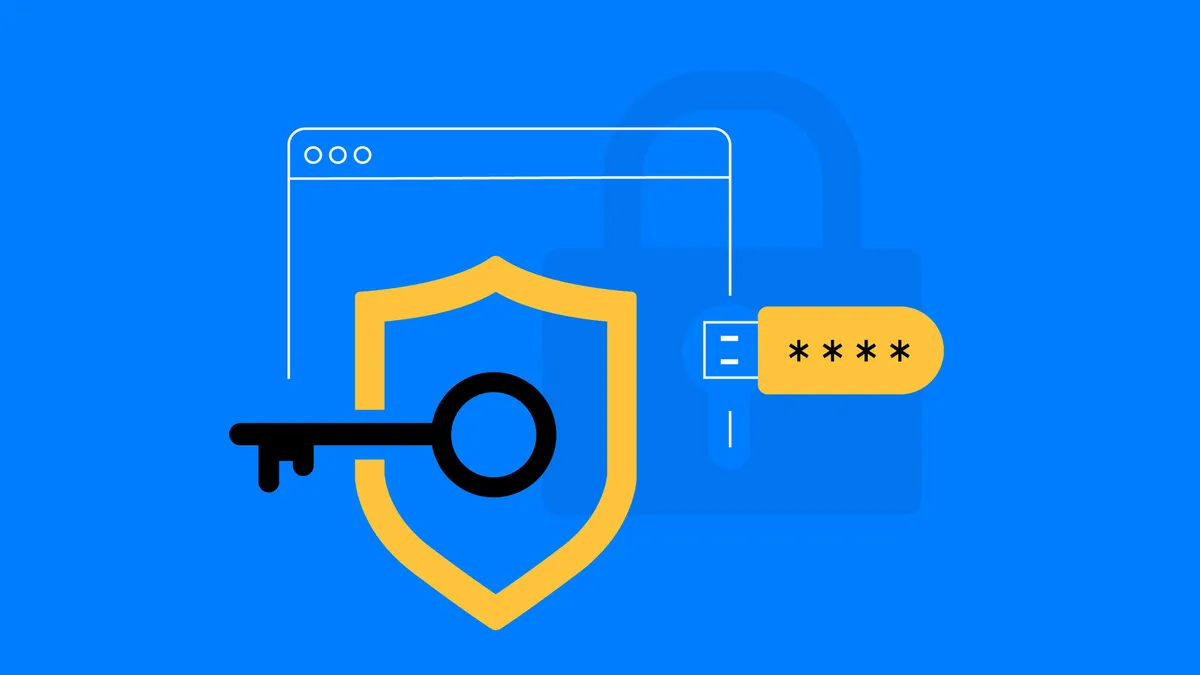In a significant advancement for online security, Google is transforming the login experience by completely eliminating passwords.
The tech giant has announced the launch of secure passkey syncing for Chrome across Windows, macOS, Linux, and Android platforms, with iOS support set to follow soon. This initiative is designed to bolster login security while improving user convenience.
Passkeys, recognized by security experts such as 1Password as “nearly impossible for hackers to guess or intercept,” are quickly becoming the go-to option for secure logins. They not only replace conventional passwords but also offer a more user-friendly alternative to hardware keys and two-factor authentication, particularly for users at higher risk.
Previously, Google’s implementation of passkeys was somewhat restricted. While users could save passkeys in the Password Manager on Android devices, accessing them required scanning a QR code, which often drove users to consider alternatives like 1Password and Apple. Fortunately, this process has been streamlined. Chirag Desai, a Chrome product manager at Google, announced that users can now effortlessly sync passkeys across devices without needing QR codes.
This shift underscores a growing recognition among tech companies that traditional passwords are increasingly obsolete and insecure. With passkeys, users can anticipate a more efficient and secure login process, significantly lowering the risk of password-related breaches.
As the industry embraces this cutting-edge solution, Google’s latest update signifies a crucial turning point in the landscape of online security, paving the way for a safer digital experience for users everywhere.
In a significant advancement for online security, Google is transforming the login experience by completely eliminating passwords.
The tech giant has announced the launch of secure passkey syncing for Chrome across Windows, macOS, Linux, and Android platforms, with iOS support set to follow soon. This initiative is designed to bolster login security while improving user convenience.
Passkeys, recognized by security experts such as 1Password as “nearly impossible for hackers to guess or intercept,” are quickly becoming the go-to option for secure logins. They not only replace conventional passwords but also offer a more user-friendly alternative to hardware keys and two-factor authentication, particularly for users at higher risk.
Previously, Google’s implementation of passkeys was somewhat restricted. While users could save passkeys in the Password Manager on Android devices, accessing them required scanning a QR code, which often drove users to consider alternatives like 1Password and Apple. Fortunately, this process has been streamlined. Chirag Desai, a Chrome product manager at Google, announced that users can now effortlessly sync passkeys across devices without needing QR codes.
This shift underscores a growing recognition among tech companies that traditional passwords are increasingly obsolete and insecure. With passkeys, users can anticipate a more efficient and secure login process, significantly lowering the risk of password-related breaches.
As the industry embraces this cutting-edge solution, Google’s latest update signifies a crucial turning point in the landscape of online security, paving the way for a safer digital experience for users everywhere.

